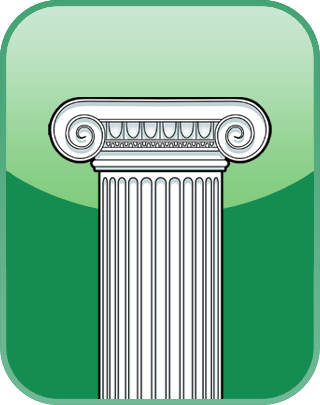Ancient Philosophy Test
Testing your knowledge of Graeco-Roman thought
So you think you know anything about ancient philosophy? Nothing is easier than being an armchair expert in the face of people who couldn't tell Aletheia from Anamnesis to save their lives. But what do you really know, grasshopper? Are you a fearsome black belt or a puny padawan? A go-getting amateur or a genuine expert on ancient philosophy? I guess we'll just have to find out. Ready? Let's begin.
Question 1 of 25
Who was the most important classical philosopher with regards to medieval Islamic metaphysics?
NEXT
The "Ancient Philosophy Test"© is the property of IDR Labs International.
While this test can help you gauge the extent of your knowledge of ancient philosophy, it is important to note that static knowledge of philosophy does not necessarily translate into an ability to accurately decipher the ideas behind the concepts and historical contingencies involved. On the other hand, all else being equal, it certainly helps. As such, please note that, as such, the "Ancient Philosophy Test"© cannot say anything about how good you are at actually making contact with the Form of the Good, so to speak, and that the test should not in itself be used as a measurement of an individual's ability to accurately determine the nature of the highest cosmological agents of existence. In other words, the test can only say something about how much an individual knows about ancient philosophy in terms of static book knowledge.
The "Ancient Philosophy Test"© is the property of IDR Labs International. For more information, please consult our Terms of Service.

